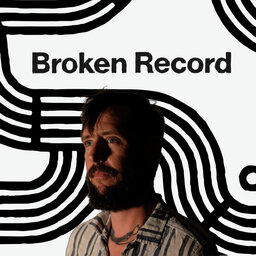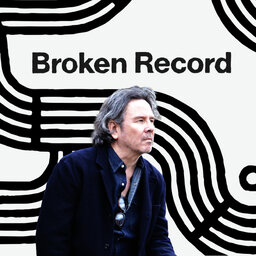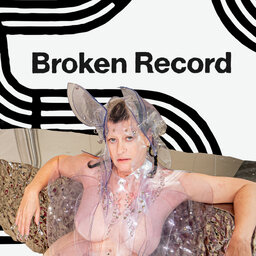Nick Lowe
Nick Lowe wrote the classic "(What's So Funny 'Bout) Peace, Love, and Understanding" (made famous by Elvis Costello), produced one of the UK's first punk records ("New Rose" by the Damned), and started one of the great independent record labels (Stiff Records). In this episode Bruce Headlam talks to him about producing the first five Elvis Costello records, marrying into Johnny Cash's family and his hilarious first encounter with the great Keith Richards.
Learn more about your ad-choices at https://www.iheartpodcastnetwork.com
 Broken Record with Rick Rubin, Malcolm Gladwell, Bruce Headlam and Justin Richmond
Broken Record with Rick Rubin, Malcolm Gladwell, Bruce Headlam and Justin Richmond


